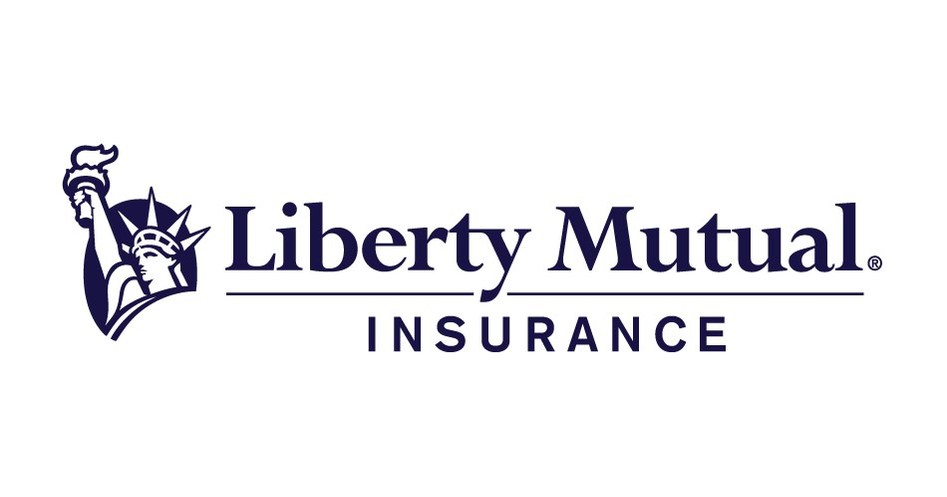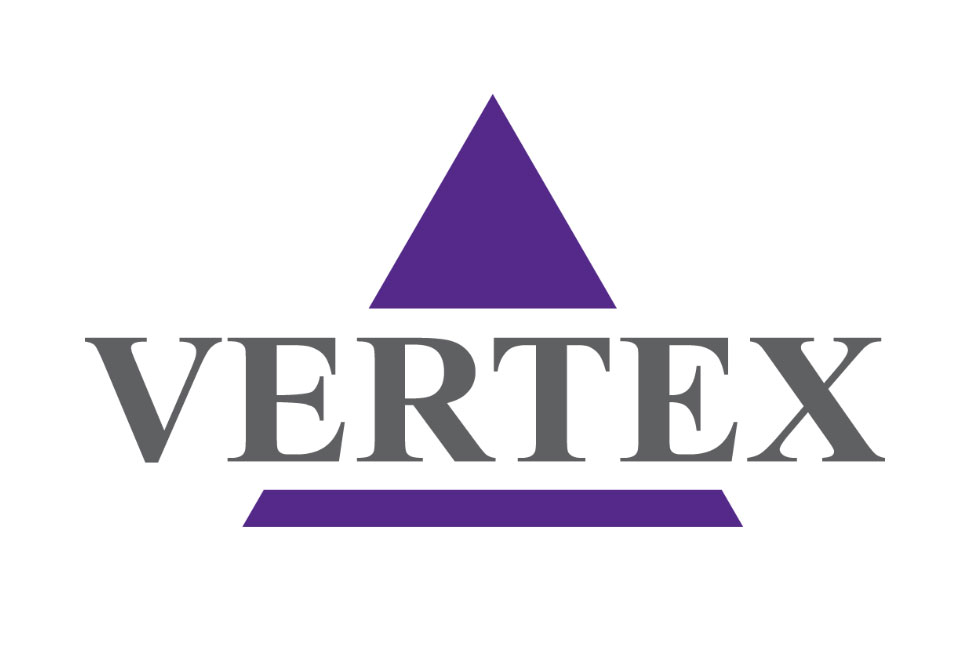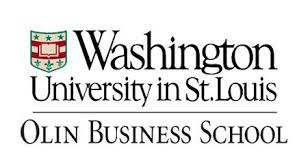I think most of us have heard of Amy Chua in the last couple of weeks, made into a phenomenon because of her book on being a Tiger mother and purporting a superior child raising approach that is attributed to an ethnic identify. I must say that I have felt sucked into this “storm” of controversy, feeling very mixed about Amy Chua’s public statements and ownership of the attributes of a Chinese mother.I felt angry for awhile because the excerpts I had read were so quite shallow and seemingly so much about her own needs than really about her Chinese-American ethnicity. In its presentation, it seemed quite egoic, arrogant and self-serving. I was deeply saddened because this way of presenting her point of view, while her right, doesn’t move forward dialogue about parenting or about the American-China situation, it stops it dead. People start taking sides, criticizing or agreeing. But not really listening, wondering and opening to new perspectives.
I am still working through this in my system. I’m aghast to read her book in its entirety but I may glance at it (not yet ready to buy and support her approach) to see it in its entirety. I am digesting the response of the mass media, making it the firestorm it has become. Curious why this has so palpitated our curiousity? Or fear? I’m curious why more Asian-American voices have NOT been invited into this commentary and dialogue, when it has been about a very personal experience of a group of Americans. My perspectives will continue to develop.
I do want to share with you below, my submission of an Op Ed piece to a few publications. I hope it will be published so that another Asian-American voice, a different voice, can be heard. Even if not, it was a freeing experience just to get this out. I look forward to your thoughts and feedback:
Beyond Amy Chua, Seeing the Gift of Being an American of Chinese Heritage
Like Amy Chua, I am a first generation Chinese-American. Like Amy Chua, my children are of mixed races. Like Amy Chua, I have had the amazing gift of an undergraduate and graduate education at Harvard. Like Amy Chua, I am a woman in my 40’s. But our similarities end here.
Unlike Amy, I feel no need to choose the “better” between American or Chinese, for I am both. It has taken me decades to mediate the different values of the Chinese and the Anglo-Saxon cultures. I have had identity crises and acceptance issues. I’ve experienced the confusion of crossing cultures every time I passed through the door of my childhood home in New York City. However this soul searching, and hence, the creation of my Chinese-American identity is the undeniable gift of being American, a gift that has been bestowed upon all Americans who are of immigrant lineage. How many countries in this world would allow a “foreign” family, within one generation, to feel truly part of the whole? Of course, we have differences and disagreements, but don’t all families? In the end, we are all part of one. We are all Americans.
Perhaps most saddening to me about reading excerpts from Amy’s book is the fact that she’s missed out on how amazingly fortunate she is to be where she is in life. She has the incredible gift of choice. Choice to raise her children in a way suitable to her. Choice to be a law professor. Choice to marry a person outside her race and culture. Choice to voice her opinion. Choices that are availed to her because she is Chinese and American. While she proudly espouses a “Chinese” way of raising children, she is, in fact, living much more like an American through her broad exercise of choices.
In her very narrow, extreme and self-aggrandizing definition of being a “Chinese mother” in America, she has disregarded the context of limited choices that drive true Chinese mothers to raise their children within such a narrower band of flexibility. A mother in China knows that because of the entrance exam, only 20% of high school students ever go to college (vs. 50-60% in the US). With education as the road to survival and economic viability for centuries in China, a responsible mother exercises the “exam-grades-are-everything” approach as an act of deep love. Similarly, adult Chinese immigrants to the US have experienced the same grades-are-everything reality. Thus their drive for academic achievement. It’s the one area they can understand and control for their children. All else American feels unfamiliar and uncharted. They are joyous to be Americans. But they have not been Americans. Clearly, neither Amy nor I are Chinese mothers. We are Chinese-American mothers. There is a great gulf of difference between the two. Out of deep respect for true Chinese mothers, I wish Amy had spoken of her cultural affiliation with greater discernment.
Amy has the opportunity to recognize that her austere child-raising philosophy is more about her personality than her cultural identity. By identifying herself as a superior mother because of her “Chinese ways,” Amy has created the kind of cultural divisiveness and labeling that silences true dialogue. As a cross-cultural leadership development consultant, I believe that respectful dialogue is critical for global understanding and collaboration. Our country and our world cannot afford to live in such a divided isolation of misunderstood assumptions.
Through Amy’s book and the ensuing fervent reactions, we do have the opportunity to witness the awe-inspiring and evolving nature of our American identity. In this uncomfortable messiness is our true beauty. A kind of beauty I choose to whole-heartedly embrace and call my own.













